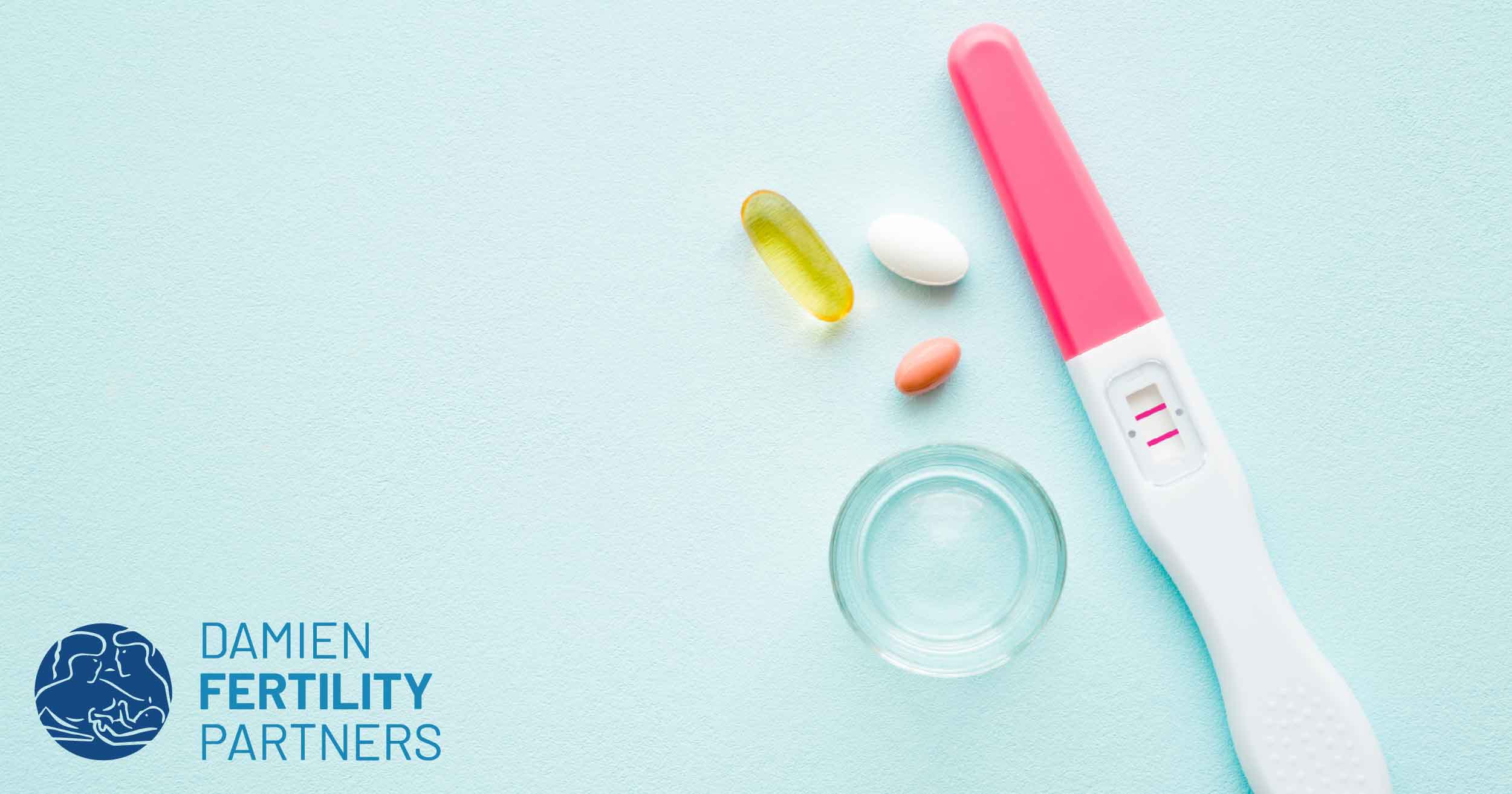Unraveling the Complexity of Fertility Supplements

When it comes to reproductive health, there’s a growing interest in supplements that promise to enhance fertility and spark a persistent curiosity among patients. This fascination is fueled further by social media’s influence that inundates us with advertisements about supplements as the solution for fertility concerns.
Before establishing your supplement regimen, it’s crucial to recognize that not all supplements are for everyone. Consulting healthcare professionals as you navigate the world of fertility-enhancing supplements will help you ensure you are able to make the healthiest decisions.
Prenatal Vitamin Supplements
Taking prenatal vitamins before conception and continuing throughout pregnancy is crucial for fetal development. Folic acid, especially in higher doses, has been associated with a lower frequency of infertility, reduced risk of pregnancy loss, and increased success of infertility treatments. A suggested dose of 800 micrograms per day can potentially enhance the chances of achieving and sustaining pregnancy.
Vitamin D for Fertility
Multiple studies suggest a potential link between vitamin D levels and fertility. While the exact mechanisms remain unclear, vitamin D receptors in reproductive tissues indicate its influence on fertility. An intriguing study from the Journal of Clinical Endocrinology & Metabolism observed higher pregnancy rates during summer and autumn, suggesting a potential association between increased sun exposure, elevated vitamin D levels, and improved fertility outcomes. Subsequent research in the same journal noted an association between higher vitamin D levels and improved pregnancy rates among women receiving assisted reproductive treatments.
While promising, more comprehensive studies are required to solidify these associations. Nonetheless, recommending vitamin D supplements, particularly to those with deficiencies, remains common practice.
Omega-3 for Fertility
Some studies suggest that women’s intake of omega-3 fatty acids may benefit fertility among couples without a history of infertility and could be positively associated with live births during infertility treatment. However, other human research lacks significant differences in pregnancy rates based on omega-3 blood levels. Nonetheless, considering its established benefits for fetal development, incorporating omega-3 supplements might be advisable.
CoQ10 and Fertility
CoQ10, an antioxidant protecting cells from oxidative stress, could mitigate age-related decline in egg quality. In human studies, especially among those undergoing assisted reproductive technologies, increased pregnancy rates, improved ovarian response, and better embryo quality have been observed. However, more extensive, and controlled studies are needed to establish the direct impact of CoQ10 on egg quality and fertility outcomes.
Inositol for PCOS
Inositol may benefit individuals with Polycystic Ovarian Syndrome (PCOS) in various ways. PCOS is often linked to insulin resistance, and inositol (particularly myo-inositol) shows potential to improve insulin sensitivity. This improvement may regulate blood sugar levels, reduce androgen concentrations, and ultimately enhance menstrual regularity. Despite promising findings, larger randomized controlled trials are necessary to validate these outcomes and determine optimal dosage.
Choosing fertility supplements requires careful thought and professional advice before decision-making. While studies offer glimpses of promise, conclusive evidence is still lacking in many areas. Being an informed and cautious consumer remains the linchpin of one’s fertility journey.
Contact Damien Fertility Partners at 732-758-6511 or email us at hello@damienfertilitypartners.com to take the first step towards your dream of family.
